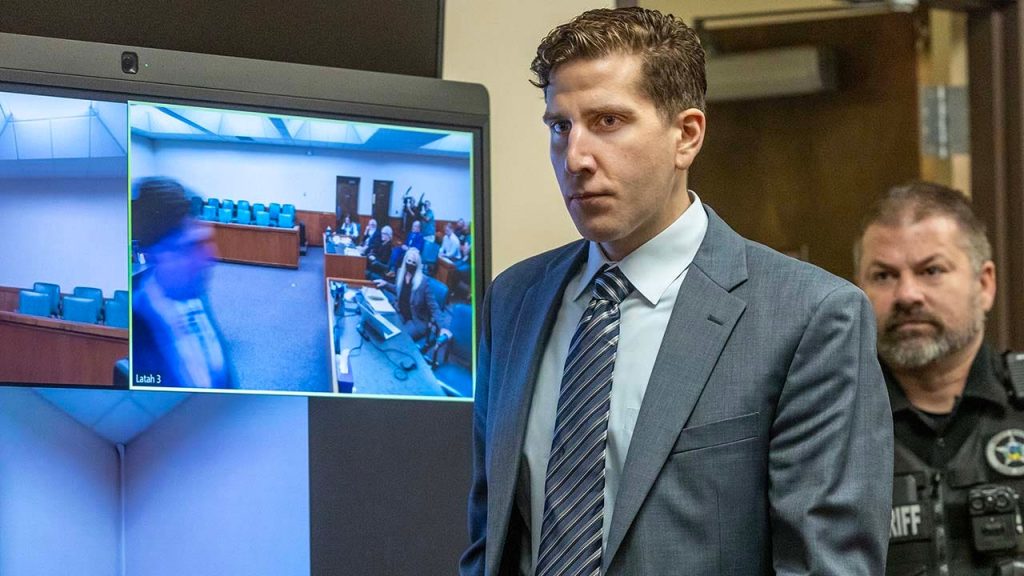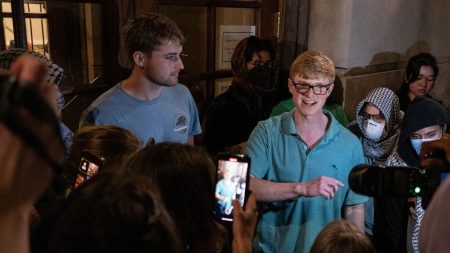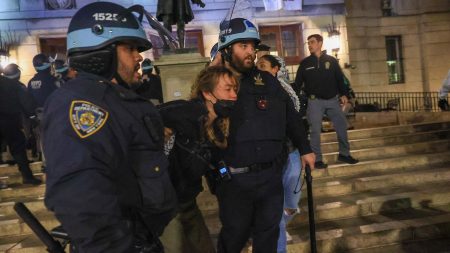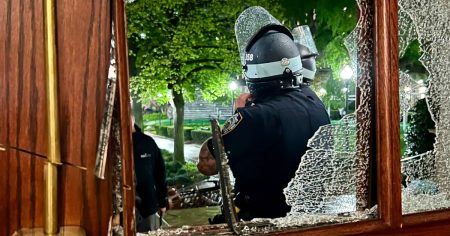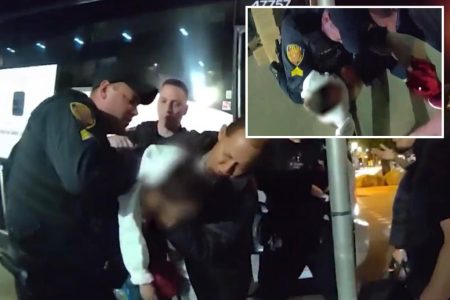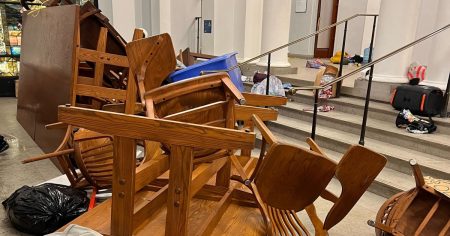Bryan Kohberger, the man accused of killing four University of Idaho undergrads in a home invasion stabbing, has offered an alibi through his attorneys, claiming he was out driving in the early morning hours of Nov. 13, 2022, in areas near Pullman, Washington and Moscow, Idaho. Kohberger, a former criminology Ph.D. student at Washington State University, is facing four counts of murder and burglary after allegedly stabbing the victims with a KA-BAR knife. He was arrested in late December 2022, but it is unclear if he has evidence to support his alibi. Experts suggest that photos on social media, outdoor gear in his apartment, and his phone data showing him in the countryside at late hours could validate his alibi.
Kohberger frequently drove at night during the school year, a fact supported by data from his phone that showed him in the countryside late at night on multiple occasions. This evidence is further strengthened by numerous photographs taken on various late evenings and early mornings, including November, depicting the night sky. Defense lawyers plan to present an expert to prove Kohberger’s cell phone was located south of Pullman, Washington, and west of Moscow, Idaho on the night of the killings. However, DNA evidence belonging to Kohberger was found at the crime scene, which could pose a challenge to his alibi in court.
Despite the efforts made by Kohberger’s defense team to establish his alibi and introduce reasonable doubt in the case, DNA evidence found at the crime scene does not lie, according to legal experts. While the defense aims to create uncertainty to cast doubt on Kohberger’s involvement in the murders, DNA evidence could potentially outweigh any alibi presented by the defendant. The legal battle continues as prosecutors seek the death penalty for Kohberger, and a trial date has not yet been set. The defense’s strategy to muddy the waters and establish reasonable doubt in the case is a common tactic used in criminal trials, but ultimately, DNA evidence could play a crucial role in determining Kohberger’s fate.
The allegations against Bryan Kohberger for the murder of four University of Idaho undergrads in a home invasion stabbing have led to a complex legal battle that hinges on his alibi and DNA evidence found at the crime scene. Despite Kohberger’s claim that he was out driving in the early morning hours of the killings in specific areas near Pullman and Moscow, questions remain about the strength of his alibi and the potential impact of the DNA evidence. The defense team’s efforts to present an expert to support Kohberger’s cell phone data could be crucial in establishing reasonable doubt and shifting the focus away from his involvement. As the legal proceedings unfold, the prosecution seeks the death penalty, adding a layer of complexity to the case.
The ongoing legal saga surrounding Bryan Kohberger’s involvement in the murder of four University of Idaho undergrads has raised questions about the validity of his alibi and the DNA evidence linking him to the crime scene. Despite his assertions that he was driving in specific areas on the night of the killings, the presence of his DNA at the crime scene poses a significant challenge to his defense. Legal experts point to the importance of DNA evidence in criminal cases and emphasize that it could outweigh efforts to establish an alibi. The upcoming trial date, yet to be set, will be a critical juncture in determining Kohberger’s fate and the outcome of the case. As prosecutors seek the death penalty, the defense’s strategy to introduce reasonable doubt through the alibi will be closely scrutinized in court.





